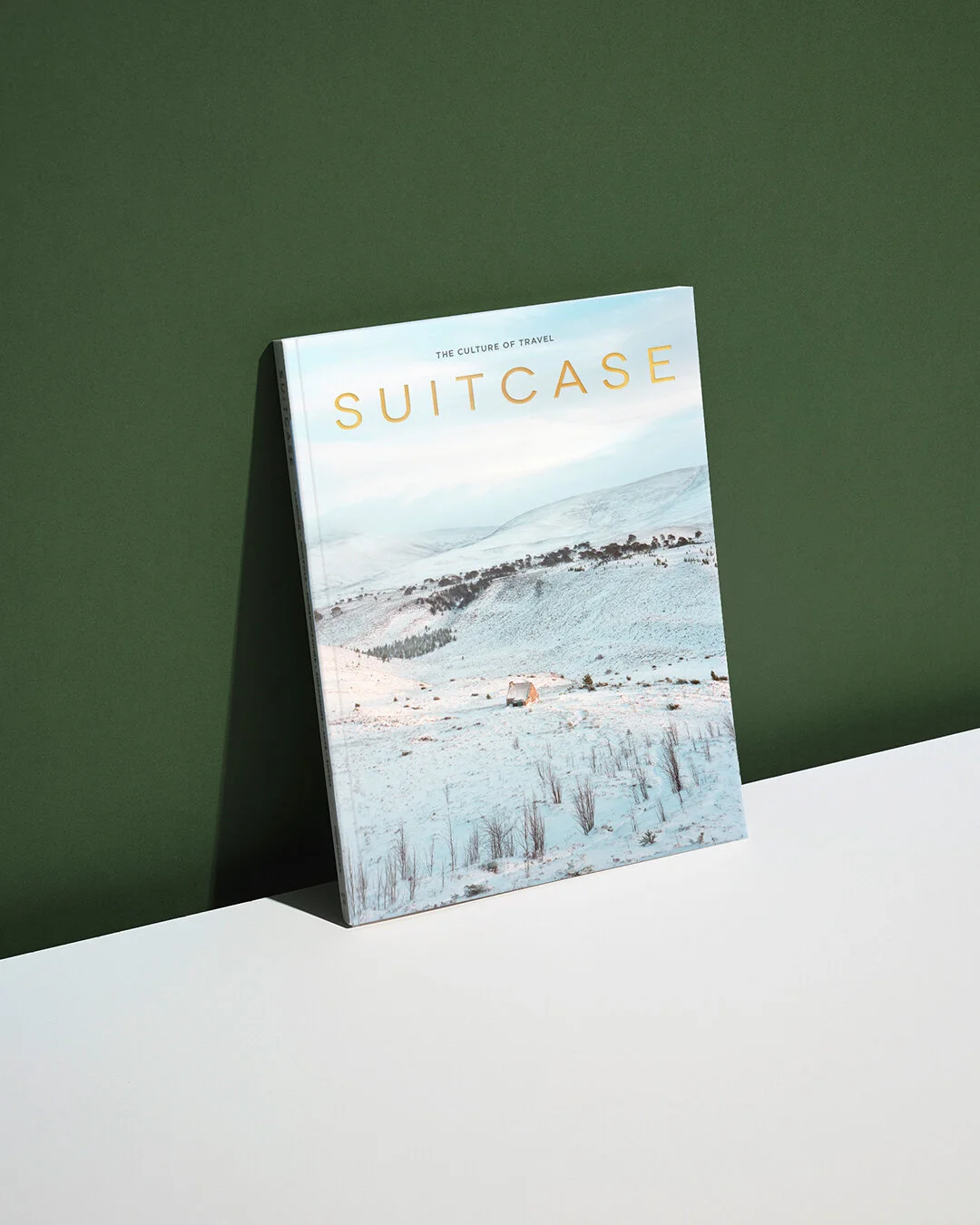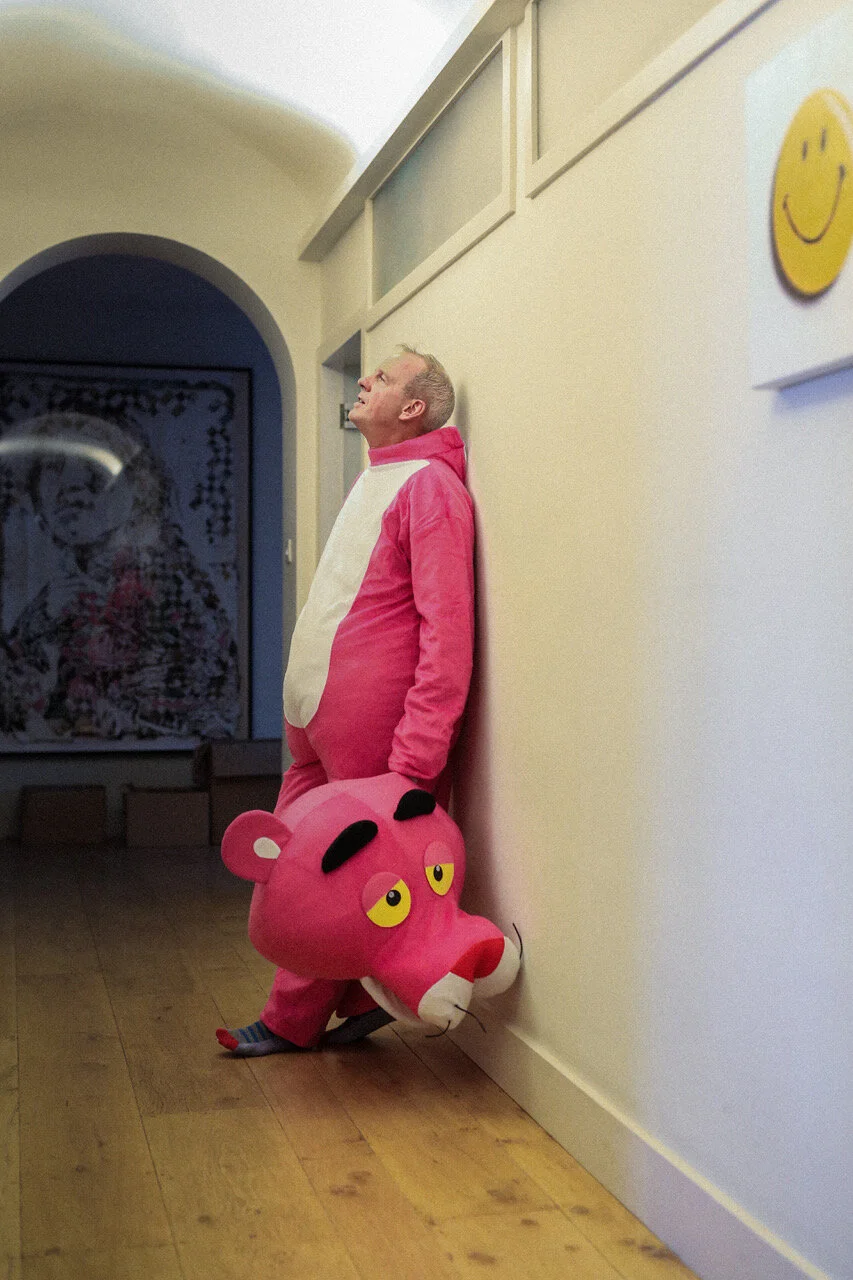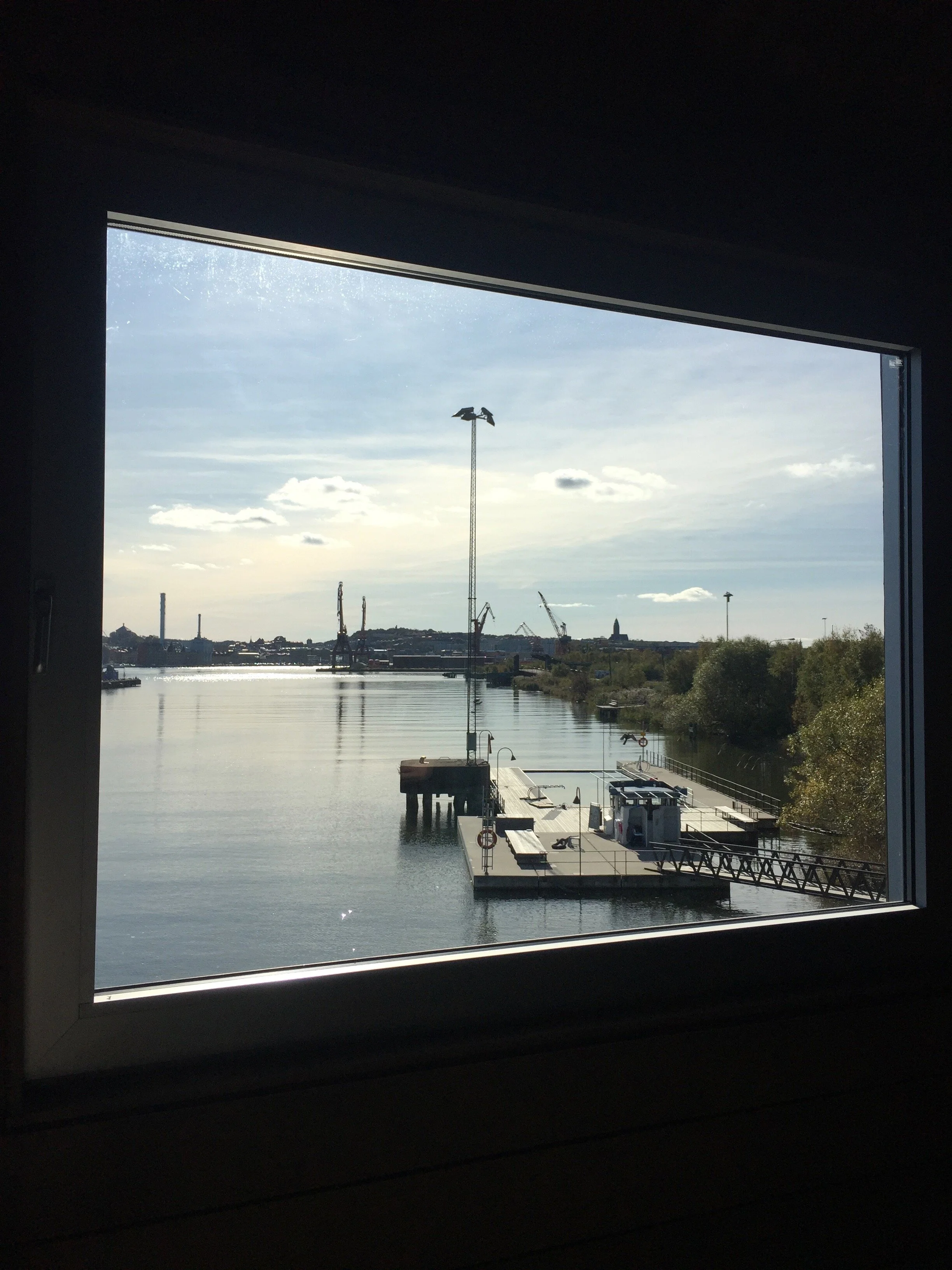Made in Sheffield | SUITCASE
Published in the Homegrown issue, December 2020
There are some cities that thrive on their carefully cultivated reputations. New York is the world’s first 24-hour capital; Paris is famous for romance; and London is a multicultural mashup. But Sheffield? Unless you’re from this particular city, it’s unlikely you know much about its constitution. That’s no accident — locals here are unflinchingly grounded and scathing at the first signs of pomposity or self congratulation, they treasure their city’s incognito status. But what this modest veil masks is history bursting with cultural resonance spanning beyond five decades. Sheffield has a lot worth celebrating, but be wary the renegade who dares pop that champagne.
A compelling juxtaposition of post-industrial skyline against the lush green crests of the Peak District, Sheffield lies in the underbelly of South Yorkshire. Home to over 1.5 million people, many declare that much like Rome, the city was built on seven hills, and regardless of this statement’s accuracy, what can be agreed is that they are all extremely steep. In the Nineteenth Century it was world-renowned for its steel production, which sparked exponential economic boom for the city and its residents, but after the Great Depression in the 1930s, World War Two, and subsequent recessions, a period of more troubling times followed. It’s against this relatively bleak backdrop that its cultural foundations flourished.
Creativity frequently rises from the ashes of austerity but what makes Sheffield so unique is the pioneering role it’s played across so many genres of the arts, and music is at the heart of that. Mainstream bands including the Human League, Pulp, Arctic Monkeys, and Moloko all have their roots in Sheffield, and venues like The Leadmill have been pivotal in providing a platform for emerging and established live acts who went on to receive international acclaim. But it’s perhaps the input into the canon of electronic music that’s less well chronicled outside city lines, and here that a talented bunch of people truly excel.
In the late ‘80s, rave culture had a vice-like grip on the UK, providing escapism for a country dogged by a gloomy socioeconomic setting. Records imported from cities across the Atlantic stoked its popularity, and while places like Detroit — which Sheffield is often compared to because of the city’s similar industrial and musical heritage — are entrenched in the scene’s history, Sheffield takes a backseat. That’s despite being the birthplace of bleep, a distinctly UK sound that became synonymous with unmodulated synths and throbbing sub-low basslines. It began in 1989 with a track called ‘The Theme’ by Unique 3, which was released on the now legendary label, Warp Records. An overnight success, it marked the arrival of a new underground sound, one which went on to influence producers like LFO and Nightmares on Wax, and pave the way for myriad UK genres ranging from breakbeat and jungle to dubstep and grime.
Of those, its most notorious offshoot is probably bassline. Popular in the early 2000s, it was characterised by a classic 4/4 rhythm, 140bpm tempo and overexcitable crowds, which sadly made it a target for police keen to cut rising crime numbers in the city. Nevertheless, that didn’t stop tracks like T2’s ‘Heartbroken’ soaring up the charts and into people’s living rooms. “Bassline was really a reflection of the moment,” Sheffield-based DJ, Mr Dubz tells me. “And it influenced a whole generation of kids.” Its surging influence was cut short in 2005 when Niche, the nightclub irrevocably intertwined with the sound’s explosion, was closed down during a police raid. But instead of fading to insignificance it morphed into what’s now considered bass house, a slower incarnation of its former self that’s managed to dodge the gaze of the authorities and become enmeshed as the defining sound across multiple northern cities.
The fact that a variety of subcultures have been allowed the space to blossom isn’t exceptional but is certainly unusual and in Sheffield, there are many reasons for that. Cheap living and inspiring scenery no doubt play a part, but integral to the city’s cultural identity is its collection of creative minds who invest time and effort into the arts scene and support of regional talent. “It’s only a small music community but they’re all really passionate,” expands Mr Dubz, whose first forays behind the decks came at Sheffield University’s Fusion venue and the iconic Tuesday Club, but now gets frequent plays on BBC Radio 1Xtra and Rinse FM. “I was lucky because I was able to go from imagining myself playing somewhere spectacular in my bedroom to playing a real live venue,” he adds. “It was really gracious of the guys who gave me a step up to allow me to do that.”
This gregariousness is palpable across the arts, and for poet, artist and musician, Genevieve Carver, was recognisable immediately after she made the cross-country leap from London to Sheffield. “I had a preconception about poetry that it was pretentious but I found this scene and it was so welcoming,” she says. “People were reading poems in the back room of a pub and it was just a normal thing to do, no one was declaring ‘I’m a poet!’ There’s a lot more room for comedy here, it’s less about taking yourself seriously,” Being surrounded by a network of likeminded people — Sheffield has twice the national average of people employed in the creative industries — who encourage artistic tendencies also helps, and with initiatives like Wordlife offering would-be performers a platform to feel their way, amateurs are encouraged to experiment. “There’s a lot of space to play and find out what you’re trying to say,” she adds. “You really feel like you’re part of something rather than lost in a big sea of people.”
This stripped back approach to performing and sharing art was a key driver for Sheffield’s former Lord Mayor Magid Magid when he appointed hip-hop artist Otis Mensah as the city’s first ever poet laureate. “He wanted to show what’s different about the arts scene here,” Otis says. “It was about breaking traditions and giving other voices the time to shine.” It’s a path similar to the one Magid himself charted in 2018 as the city’s youngest and first ethnic-Somali and Green Party councillor to hold the role of Lord Mayor, and it was a move intended to continue smashing predefined stuffy stereotypes and traditions, which left unchallenged can often contort into oppression. “There are lots of beautiful pockets of culture in this city, it’s not just white indie bands that come from here,” Otis affirms. “So this role was about taking up space.”
The importance of championing underrepresented voices is mirrored at Theatre Deli, one of the city’s most beloved fixtures, and that breeds a unique affinity among workers and locals. “I’ve never worked with such an amazing community of people,” producer programmer Sara Hill explains. “It’s so open and supportive, it feels like there’s a complete lack of competition.” Once housed within an old Woolworth’s store, Theatre Deli has made use of Sheffield’s glut of industrial meanwhile spaces and is now a vital contributor to the city’s diverse theatre complex — the largest outside of London. By involving local communities and attempting to remove the social stigma that surrounds art, the aim is break down the barriers that prevent everyone from enjoying it. “In Sheffield, it’s a small, grass roots scene and that helps it be collaborative,” she affirms. “There’s very much an attitude of we’re all in this together.”
It’s this cooperative approach and lack of pretentiousness that sets Sheffield apart from its fellow northern cities. “Being down to earth is highly prized here,” Sara continues. “I think a lot of people quite like the fact that Sheffield remains under the radar.” Indeed, there’s a definite low-key pride in the city’s cultural achievements, and while a reluctance to celebrate that publicly can prove detrimental (a 2018/2019 study revealed that Arts Council England spent £49 per head in Manchester’s cultural scene, compared to less than £10 for Sheffield), the potential for exhibitionism and the commercialism that could follow simply goes against the grain.
In a time when we’re all being encouraged to think locally for the sake of the planet, and we’re bombarded with homogenised images of how to lead our lives, Sheffield’s inward-facing outlook and considered pace of life seems better placed than most to weather the storm and challenge the cultural status quo in the process. “We have more space and time here,” Otis muses. “There’s an opportunity to mull things over a little more.” Form an orderly queue for this quietly extraordinary city, folks.






